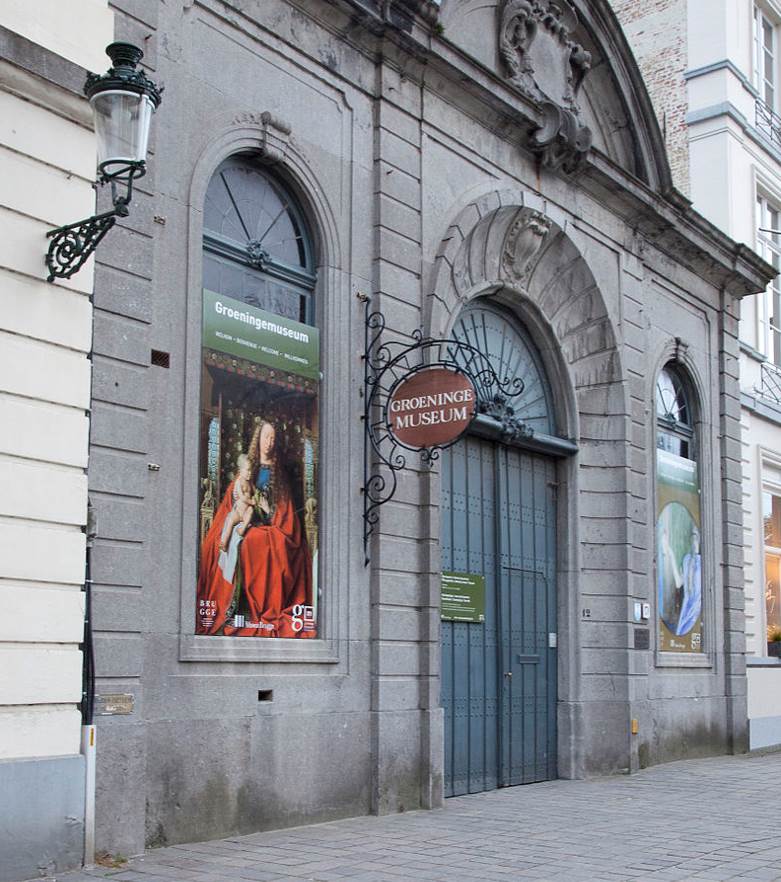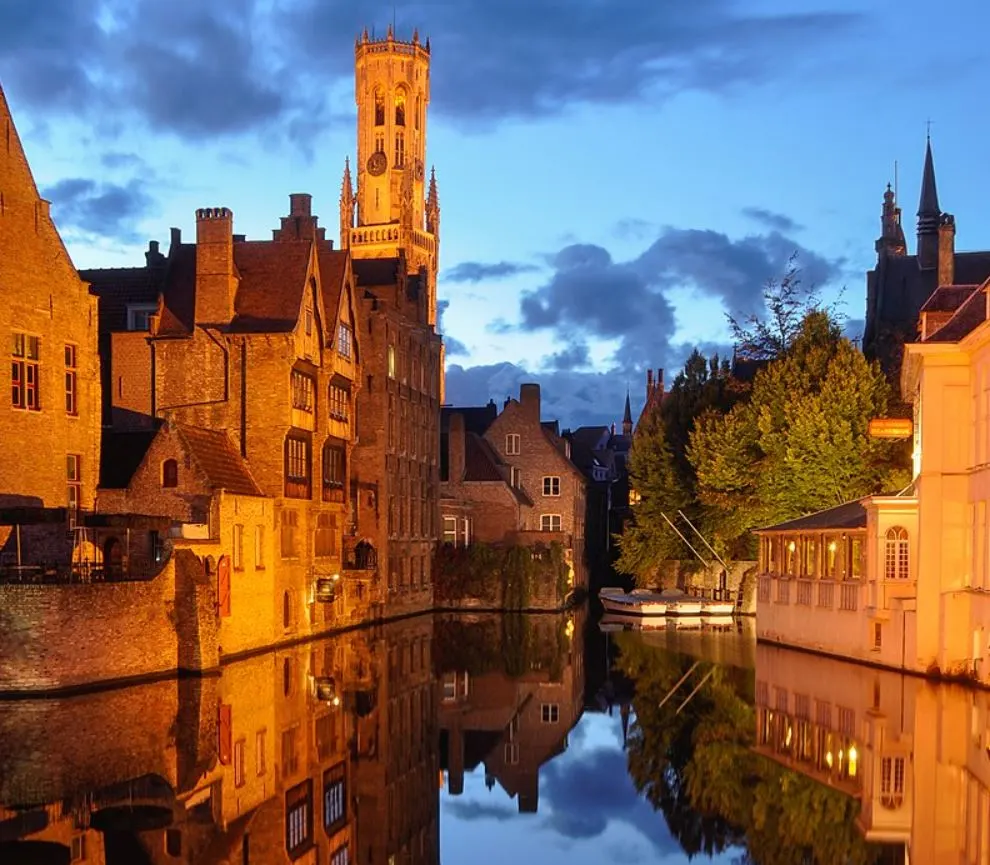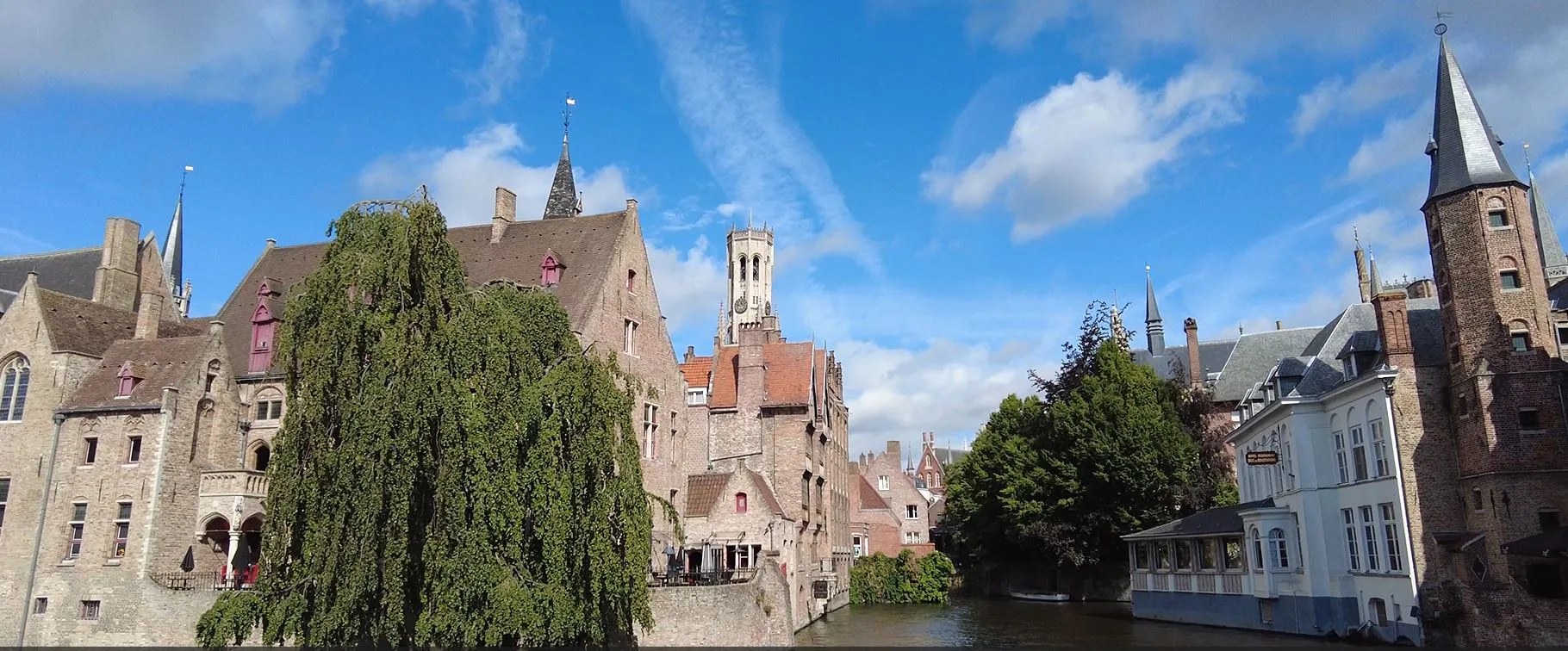In the heart of Bruges, the “Venice of the North,” lies a place that whispers tales of centuries gone by and reflects the city’s rich heritage and charm – the Rozenhoedkaai.
To understand the significance of this picturesque quay, one must delve into its history, a journey that transports us back in time and reveals the layers of Bruges’ fascinating past.
As you can see from the video I shot there, it’s one of the most impressive sights to behold in this picturesque city.
Origins and Name
Rozenhoedkaai’s history dates back to the medieval period when Bruges was a bustling commercial hub. The name “Rozenhoedkaai” translates to the “Quay of the Rosary” in English.
It derives its name from the religious activities that once took place here. In the Middle Ages, this spot was used by the townspeople for rosary prayers, invoking the divine while overlooking the serene waters.
Medieval Bruges
During the Middle Ages, Bruges thrived as a major trading center, thanks to its strategic location and the establishment of the Hanseatic League.
Rozenhoedkaai, nestled near the city center, became a crucial point for the trade routes that crisscrossed the city.
Merchants and traders would have frequented this quay, unloading their goods and navigating the labyrinthine network of canals that converged here.
Remarkably, the quay was known as “Zoutdijk” for many centuries, a reference to the salt merchants who boarded their ships here.
It was mentioned as the “die zoutsteeghere bi den Eechoutte” in 1390, which was in turn a reference to the nearby Eeckhout Abbey which now houses the Groeningemuseum.

The Canal Network
One of the defining features of Rozenhoedkaai is its position at the confluence of several canals. This unique geography added to its importance in medieval Bruges.
The canals served not only as arteries of commerce but also as defensive moats, fortifying the city against external threats. As you stand on Rozenhoedkaai today, you can still witness the canals’ timeless beauty and their role in shaping the city’s character.
Cultural Significance of the Rozenhoedkaai
Beyond its role in trade and commerce, Rozenhoedkaai held cultural significance. It was a place where the community gathered, not just for prayers but also for social interaction.
The quay witnessed the ebb and flow of daily life in Bruges, from market days to festive celebrations.
The Changing Landscape of Bruges
Over the centuries, Rozenhoedkaai evolved along with Bruges itself. The city’s fortunes waxed and waned, and the quay adapted to changing times.
While trade continued to thrive, Bruges faced periods of decline and revival. Rozenhoedkaai, however, remained a constant, bearing witness to the city’s tumultuous history.

Preservation and Restoration
The preservation of Rozenhoedkaai’s historic character is a testament to the city’s commitment to conserving its heritage.
The picturesque buildings that line the quay have been meticulously maintained with their distinctive Flemish architecture. Their facades showcase intricate details, gables, and step-shaped roofs that are emblematic of the region’s architectural style.
Tourism and Modern Times
As Bruges embraced its status as a UNESCO World Heritage site and a beloved tourist destination, Rozenhoedkaai emerged as one of the city’s foremost attractions.
Its timeless beauty and romantic allure drew visitors from around the world. Today, it is not only a place for historical reflection but also a backdrop for countless photographs and cherished memories.
Rozenhoedkaai stands as a living testament to Bruges’ enduring spirit and the city’s ability to seamlessly blend its historical past with its vibrant present. This charming quay, with its rich history, architectural splendor, and tranquil canals, encapsulates the essence of Bruges.
As you stand on its cobblestones, gazing at the reflections dancing in the water, they become part of a continuum that stretches back through time, connecting them to the stories and the soul of this enchanting Belgian gem.
Rozenhoedkaai is more than just a picturesque spot; it’s a place where history whispers and the beauty of Bruges unfolds.

